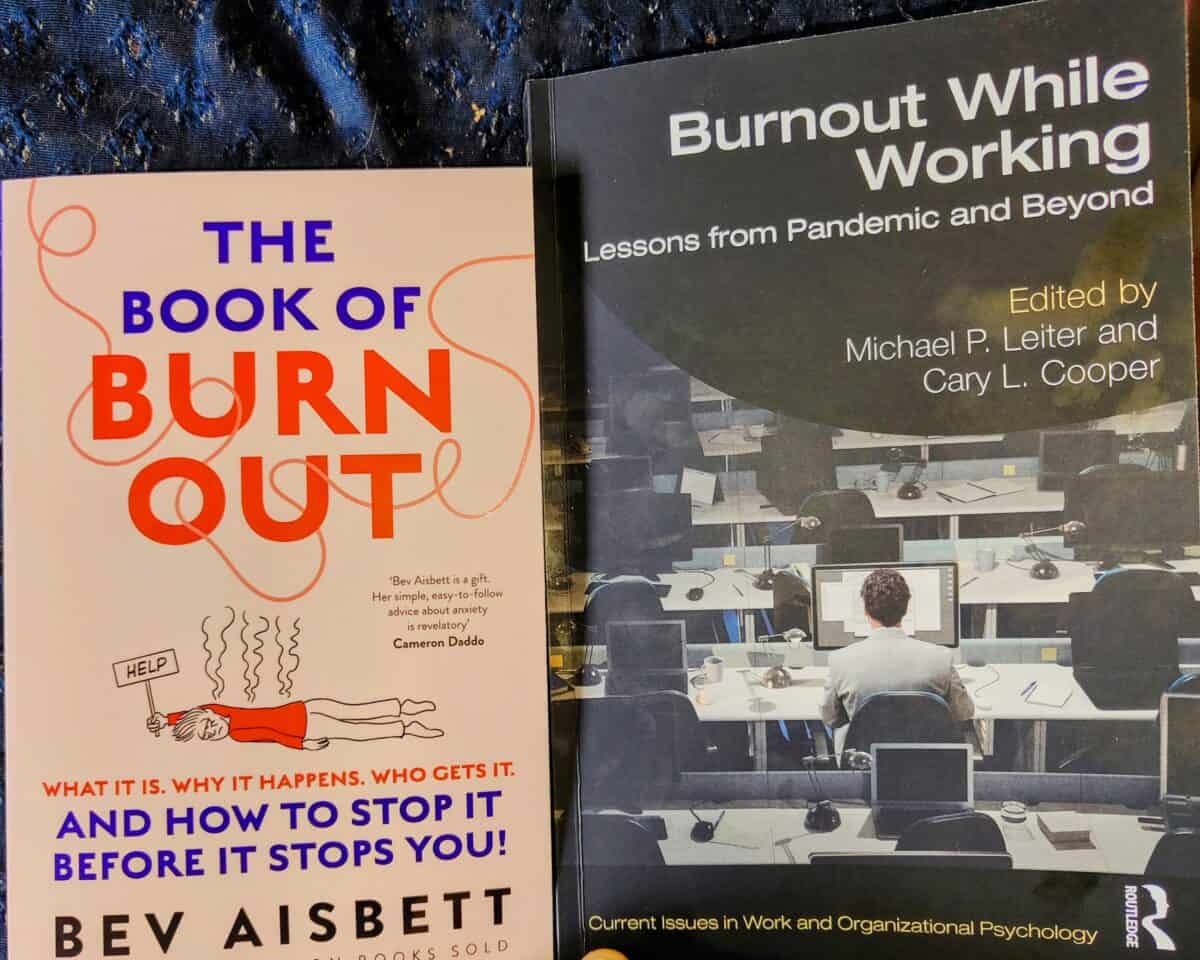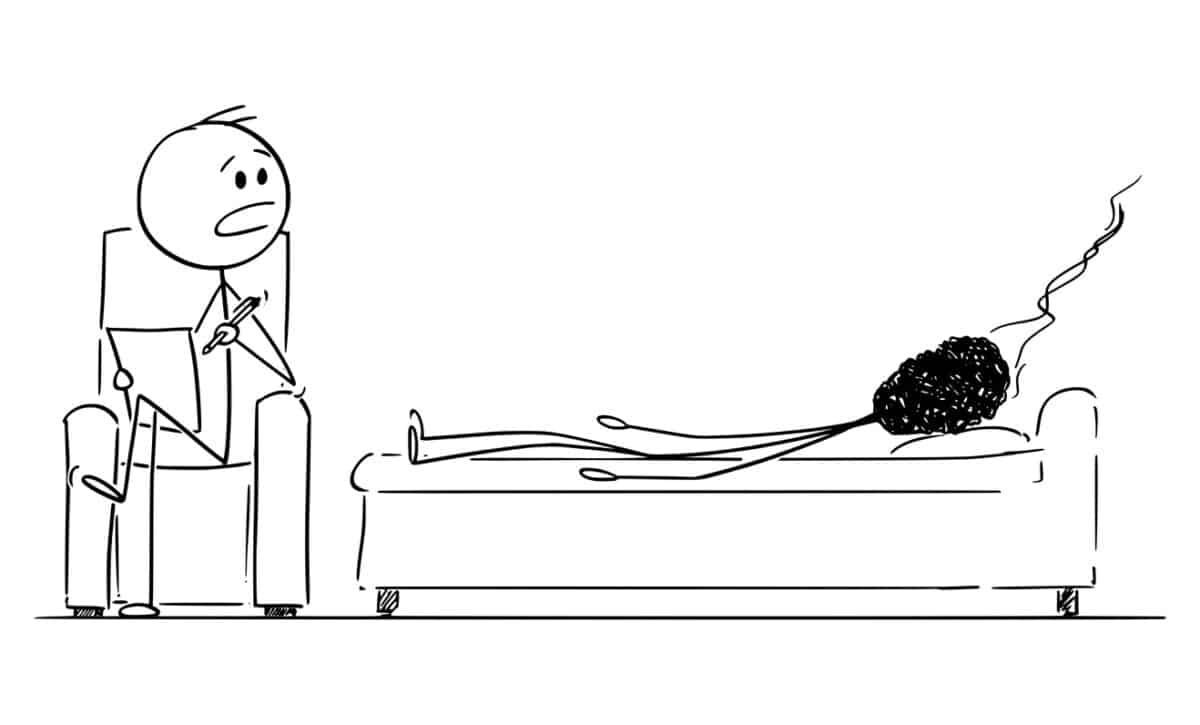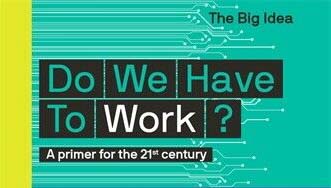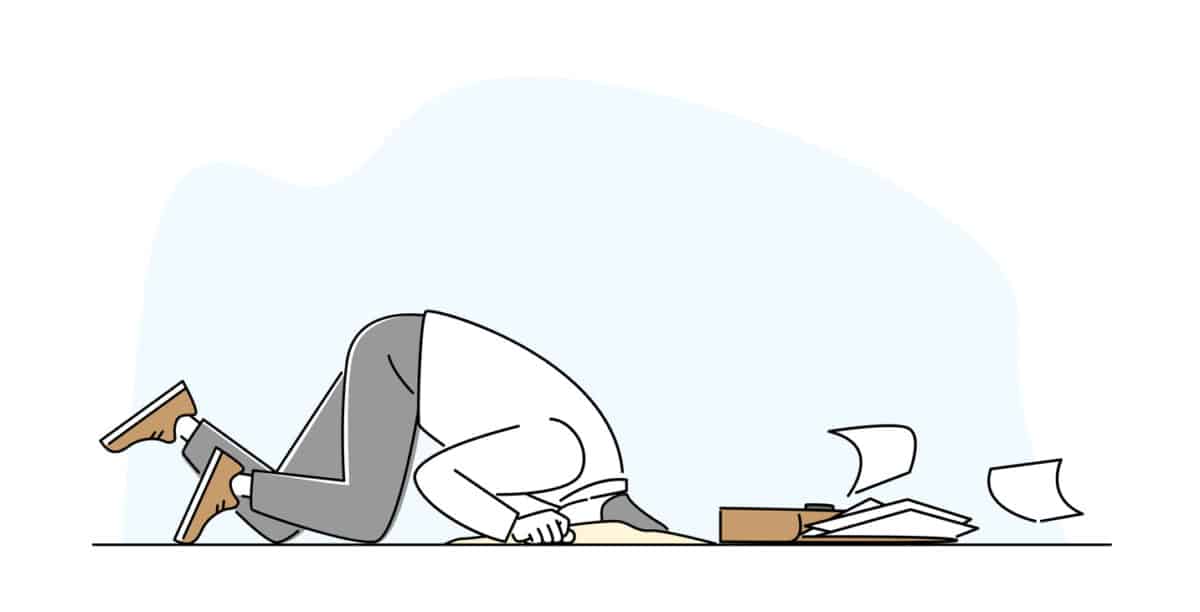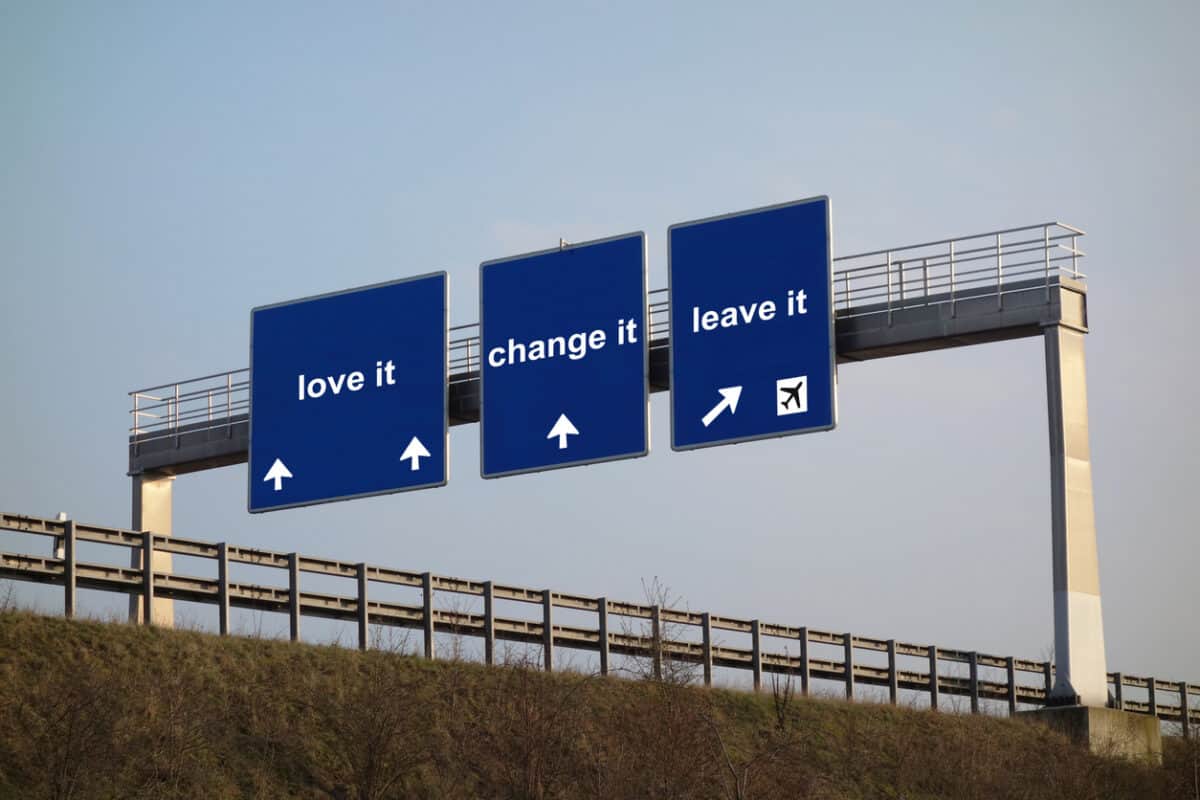Two new books about burnout arrived on my doorstep this week. They could not be more different. They reflect the mess of approaches to this type of psychosocial injury. Only one provides valid, useful evidence and advice.
Bev Aisbett released a book that I found unreadable – partly because of the advice offered but mostly because of the atrocious formatting where she YELLS almost all the time in the most annoying social media way. Below is a random example.

